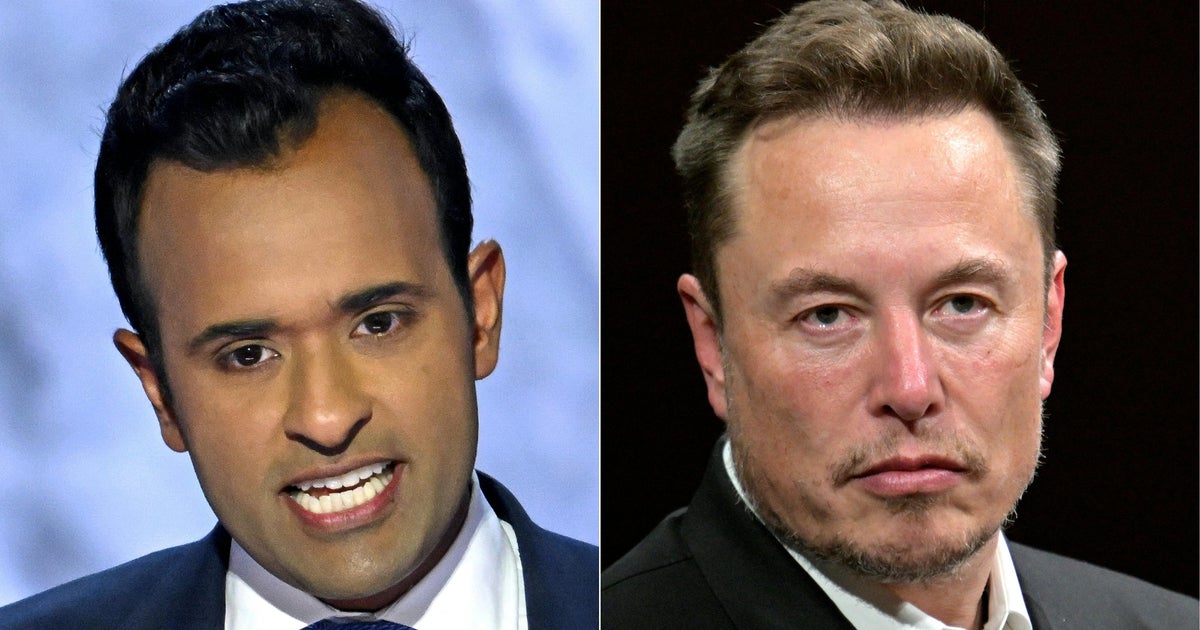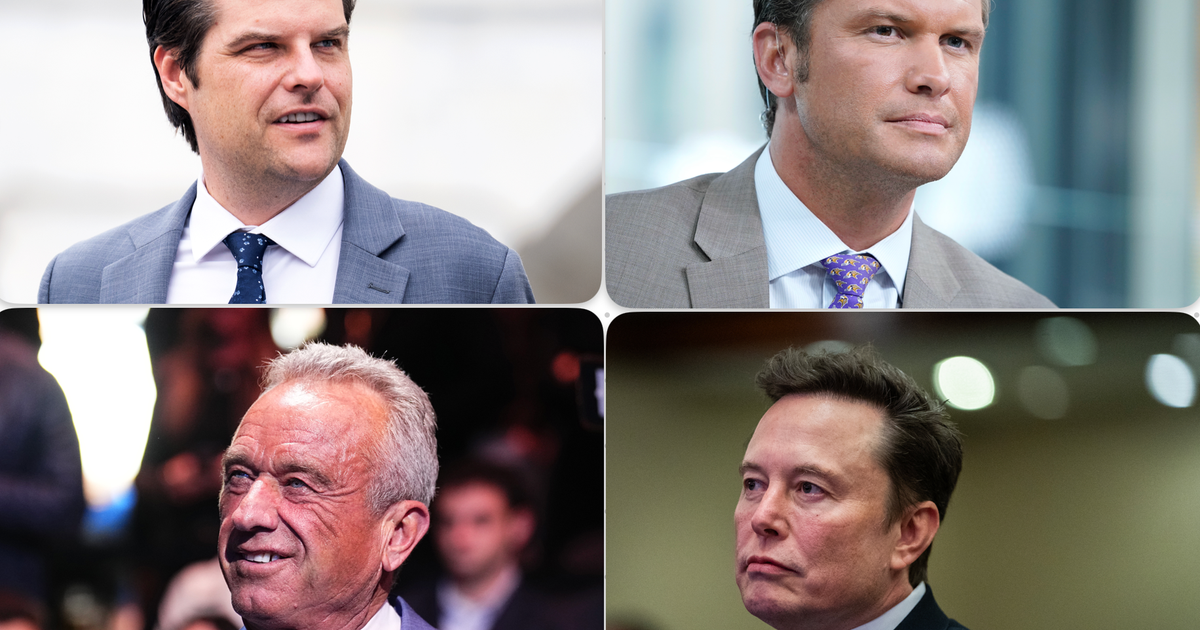Elon Musk proposes taking Tesla private -- and sends shares soaring
Tesla CEO Elon Musk said Tuesday he's considering taking the company private, shocking investors and analysts who follow the maverick electric carmaker.
A leveraged buyout of Tesla, which went public in 2010 on Nasdaq and sports a market capitalization of nearly $64 billion, would represent an abrupt change in financial strategy. If shareholders approved the deal, it would remove Tesla from Wall Street scrutiny, eliminating the need to publicly disclose its earnings and -- for Musk -- the requirement to explain himself to shareholders.
In a blog post, made public after several hours of tweeting, Musk laid out his rationale for wanting to go private:
As a public company, we are subject to wild swings in our stock price that can be a major distraction for everyone working at Tesla, all of whom are shareholders. Being public also subjects us to the quarterly earnings cycle that puts enormous pressure on Tesla to make decisions that may be right for a given quarter, but not necessarily right for the long-term. Finally, as the most shorted stock in the history of the stock market, being public means that there are large numbers of people who have the incentive to attack the company.
Musk floated the possibility shortly after 1 p.m. "Am considering taking Tesla private at $420. Funding secured," he said on Twitter. The stock, then trading at about $342 per share, shot up to $367.25, before trading was halted at 2:08 p.m.
The tweet took market-watchers by surprise, raising questions about the seriousness of Musk's intent. Typically, a company considering such a transaction would line up financing for the deal weeks or months in advance before announcing the news in a press release and a regulatory filing with the Securities and Exchange Commission. But Musk's Twitter musings are in keeping with his reputation as an unpredictable and unconventional leader.
Trading resumed at 3:45 p.m., with the stock peaking at $387, not far from the company's intraday record of $389.61.
Musk is Tesla's largest shareholder, with a roughly 20 percent stake valued at about $12 billion, according to S&P Capital IQ.
Why go private?
As a private company, Tesla would not be required to report quarterly results, freeing it from Wall Street pressure and giving the company a longer-term window to achieve Musk's goal of a renewable-energy future.
Going private also would insulate Tesla from investors who bet against its stock, a particular target of Musk's wrath. "[A]s the most shorted stock in the history of the stock market, being public means that there are large numbers of people who have the incentive to attack the company," he said in his post.
"Musk does not want to run a public company," Loup Ventures Managing Director Gene Munster wrote in a blog post. "His mission for Tesla (to accelerate the globe's adoption of sustainable energy) is both grand and long-term, making it difficult to accommodate investors quarterly expectations."
Musk has had a famously combative relationship with Wall Street, having mocked Tesla's short-sellers on Twitter and joked about Tesla going bankrupt. In a May earnings call, Tesla shares slipped after Musk derided "boring, bonehead" questions from analysts regarding the company's finances. He apologized for the comments last week in Tesla's latest conference call, saying "there's no excuse for bad manners."
The price of privacy
At $420 a share, a buyout of Tesla would cost about $71 billion -- the biggest buyout in U.S. history. It's not clear Musk has the funding to complete the deal, and he would need a majority of shareholders to agree to the plan.
In his blog post, Musk said he wants to give shareholders an option. "Either they can stay investors in a private Tesla or they can be bought out at $420 per share, which is a 20 percent premium over the stock price following our Q2 earnings call."
He added that he hoped all shareholders would remain and that all Tesla employees would "remain shareholders of the company."
Wall Street blues
Tesla has been under pressure from Wall Street to reduce its cash burn and turn a consistent profit. Key to that plan is ramping up production of the Model 3, a $35,000 mass-market model that has run into production and quality issues.
The company said last week it expects "to become both sustainably profitable and cash-flow positive" in the second half of this year. It had revenue of $4 billion in its latest quarterly and a smaller-than-expected loss of $717 million.
CBS News' Jillian Harding contributed reporting.



